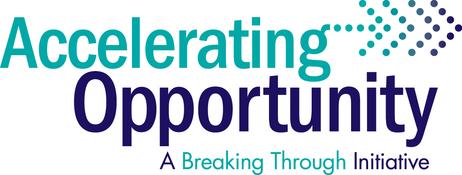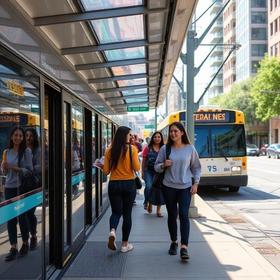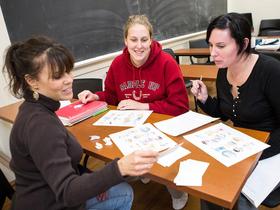As community colleges grapple with large student populations and fewer resources, technology has become one solution for meeting the needs of more students for less money. Schools that adeptly integrate technology into daily campus life can accommodate a wide range of student schedules, without a press release on Market Watching more manpower to handle the job. The Center for Digital Education and Converge Online recently recognized some of the community colleges across the country that are making the best use of technology to enhance the education experience. These schools topped the list of the Digital Community Colleges Survey as some of the most technically savvy schools in the nation.
About the Survey
The recent survey by the Center for Digital Education and Converge Online took a number of factors into consideration as they were determining the top community colleges for technology usage, including:
- Integration of technology into campus life and course curriculum
- Documentation of online admissions processes
- Sufficient technology training for both faculty members and students
- Efficient use of Web 2.0 social functions
- Ability to accommodate distance education
- Ample online services for students, including tutoring and advising services
- Ability to utilize campus security alerts through technology
With a number of factors considered, it becomes apparent that those community colleges that made the grade in this current survey find ways to integrate digital technology into every facet of daily campus life.
“As community college enrollments continue to increase, school leaders are incorporating new technologies to enhance student services and improve course curriculum,” Cathilea



























